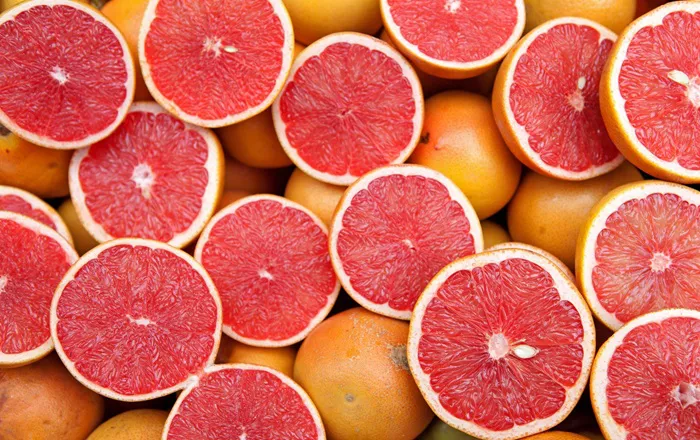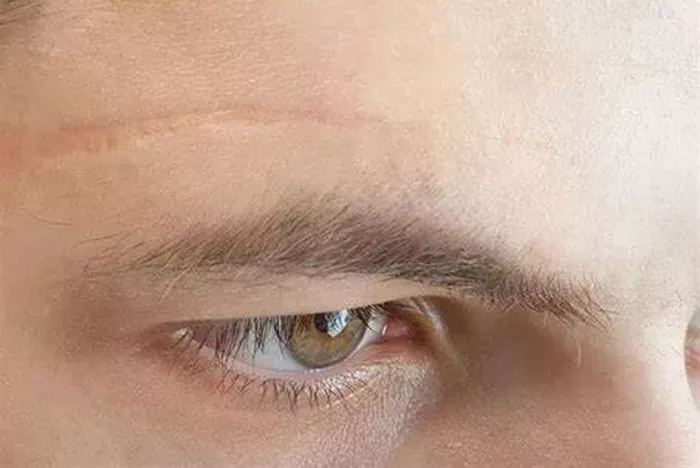A woman has been handed down a sentence for manufacturing and selling counterfeit cosmetics, sending a strong warning to the cosmetics market. The case, recently adjudicated by the People’s Court of Changping District in Beijing, saw the defendant, identified as Wang, convicted of the crime of producing and selling fake and inferior products. She was sentenced to two years and ten months in prison, with a four – year probation period, and was fined 200,000 yuan. This ruling not only concludes Wang’s illegal activities but also serves as a significant wake – up call for the entire cosmetics industry.
The case dates back to August 2024 when the public security organs, acting on tip – offs from residents, swiftly sealed a store on an e – commerce platform that was selling “three – no” cosmetics (products without a name of manufacturer, production date, and quality certificate). Following the trail, the police traced the source of the products to Wang in Fuzhou, Fujian. At her residence, a large quantity of self – made cosmetics, including facial masks and creams, along with basic manufacturing and filling tools, were seized. The scene was far from hygienic, with cockroaches crawling near the grinding tools, clearly indicating that the production environment failed to meet even the most basic professional standards.
Upon inspection by professional testing institutions, the confiscated cosmetics were found to be seriously defective. They not only contained excessive amounts of mold and pathogens but also had elevated levels of heavy metals such as mercury and arsenic. Moreover, prohibited hormones were detected in the products, making them substandard and potentially harmful. Despite these serious issues, the packaging of these counterfeit cosmetics was deceptively labeled with claims of “all – natural ingredients” and promoted with the of “imperial court secrets.” Distributors further misled consumers by exaggerating the effects of the so – called “imperial court formula” ingredients on the product pages of online stores.
The court’s investigation revealed that since 2017, Wang, who had no prior experience in the cosmetics industry, had been mixing inexpensive Chinese herbal medicines with chemical raw materials like talcum powder at home. Without any production licenses, she created cosmetics such as “Plant – based Freckle – Removing and Yellow – Reducing Powder for Radiant Skin” and “Redness – Reducing Powder,” and sold them through other people’s e – commerce platform stores. By the time of her arrest, the total sales amount had reached more than 280,000 yuan.
Gao Gang, a prosecutor from the Second Procuratorial Department of the Changping District People’s Procuratorate in Beijing, emphasized that such actions of manufacturing and selling counterfeit cosmetics pose a serious threat to consumers’ health. The excessive heavy metals and hormones in these unqualified cosmetics can cause irreversible damage to the skin if used over a long period and may even lead to more severe health problems.
With the improvement of people’s living standards, the demand for cosmetics has been steadily increasing. However, this growth has also been accompanied by various industry乱象. Cosmetics sold online are a mixed bag, with many products claiming rapid freckle – removal and acne – treatment effects being found to have excessive heavy metals and added hormones. “Three – no” cosmetics have become a particularly serious problem, often camouflaged as “overseas purchases” without Chinese labels, “handmade with traditional methods” lacking production dates, or “custom – made” while actually being mass – produced.
China’s criminal law clearly stipulates penalties for the production and sale of fake and inferior products, as well as cosmetics that do not meet hygiene standards. According to Article 140 of the Criminal Law, if a producer or seller adulterates products, passes fake products off as genuine, passes inferior products off as high – quality ones, or passes unqualified products off as qualified ones, and the sales amount is between 50,000 yuan and 200,000 yuan, they shall be sentenced to fixed – term imprisonment of not more than two years or criminal detention, and shall also, or shall only, be fined not less than 50 percent but not more than two times the sales amount. If the sales amount is between 200,000 yuan and 500,000 yuan, they shall be sentenced to fixed – term imprisonment of not less than two years but not more than seven years, and shall also be fined not less than 50 percent but not more than two times the sales amount.
In addition, the Regulations on the Supervision and Administration of Cosmetics stipulate that cosmetics business operators should establish and implement a purchase inspection and record system, check the market entity registration certificates of suppliers, the registration or filing status of cosmetics, and product factory inspection certificates, and truthfully record and preserve relevant vouchers. They are also prohibited from formulating cosmetics on their own.
Zhu Yingying, a judge from the Criminal Tribunal of the Changping Court, reminded that merchants should operate in strict accordance with laws and regulations. When purchasing products, they should carefully check the licenses and product certificates of suppliers and refrain from purchasing products that cannot provide valid certificates. E – commerce platform operators also have the responsibility to review the main business qualifications of the merchants that enter the platform and establish files, requiring merchants to provide real identity, address, contact information, and other information. When purchasing cosmetics online, consumers should choose merchants with complete qualifications and good reputations, carefully inspect the products upon receipt to prevent discrepancies between the goods received and those ordered, and pay attention to collecting and preserving evidence. For unfamiliar brands, they can log in to the official website of the National Medical Products Administration and enter the product name to query the filing information to ensure the protection of their own rights and interests.
This case of the woman being sentenced for manufacturing and selling counterfeit cosmetics has undoubtedly provided a vivid legal lesson for the entire cosmetics industry and consumers. Only through the joint efforts of all parties, strengthening supervision, operating legally, and consuming rationally, can a safe and healthy cosmetics market environment be created.
Related topics:


































